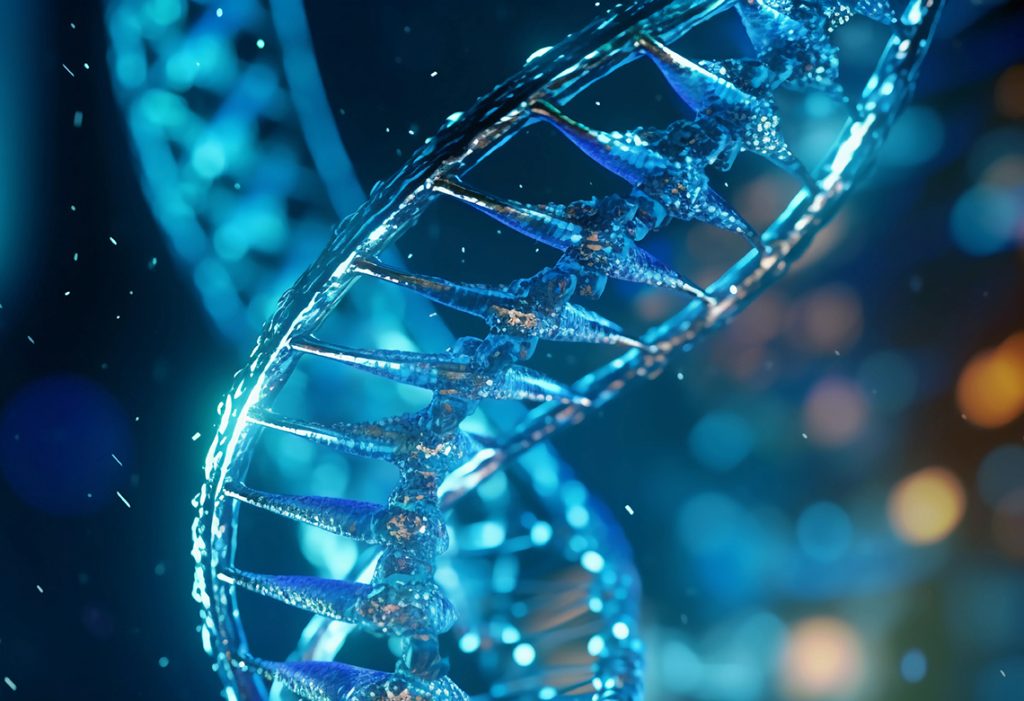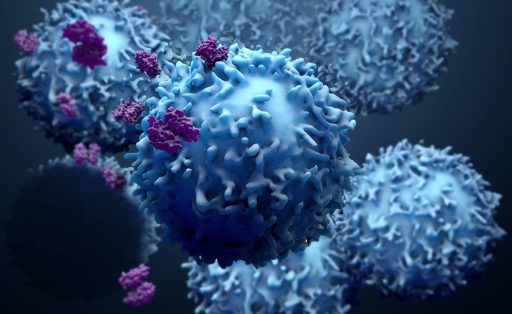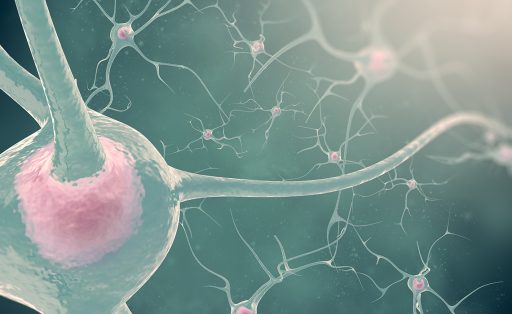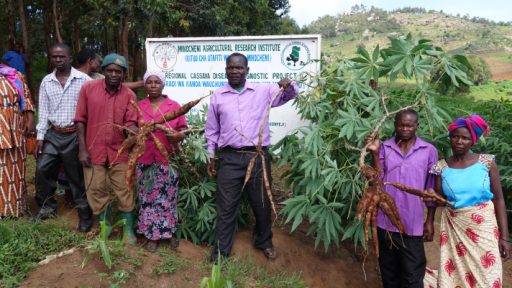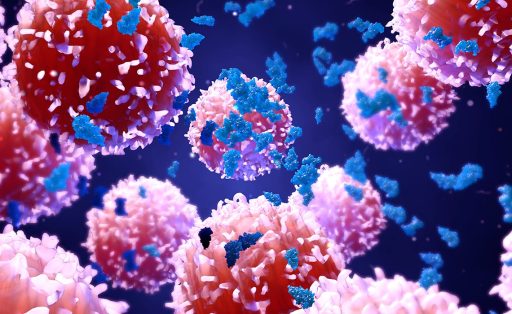Personalised healthcare made cyber secure
A trial in Japan has demonstrated the world’s first system able to store genome data from many individuals in multiple locations so that they can be used for medical treatment and healthcare.
A trial in Japan has demonstrated the world’s first system able to store genome data from many individuals in multiple locations so that they can be used for medical treatment and healthcare.


